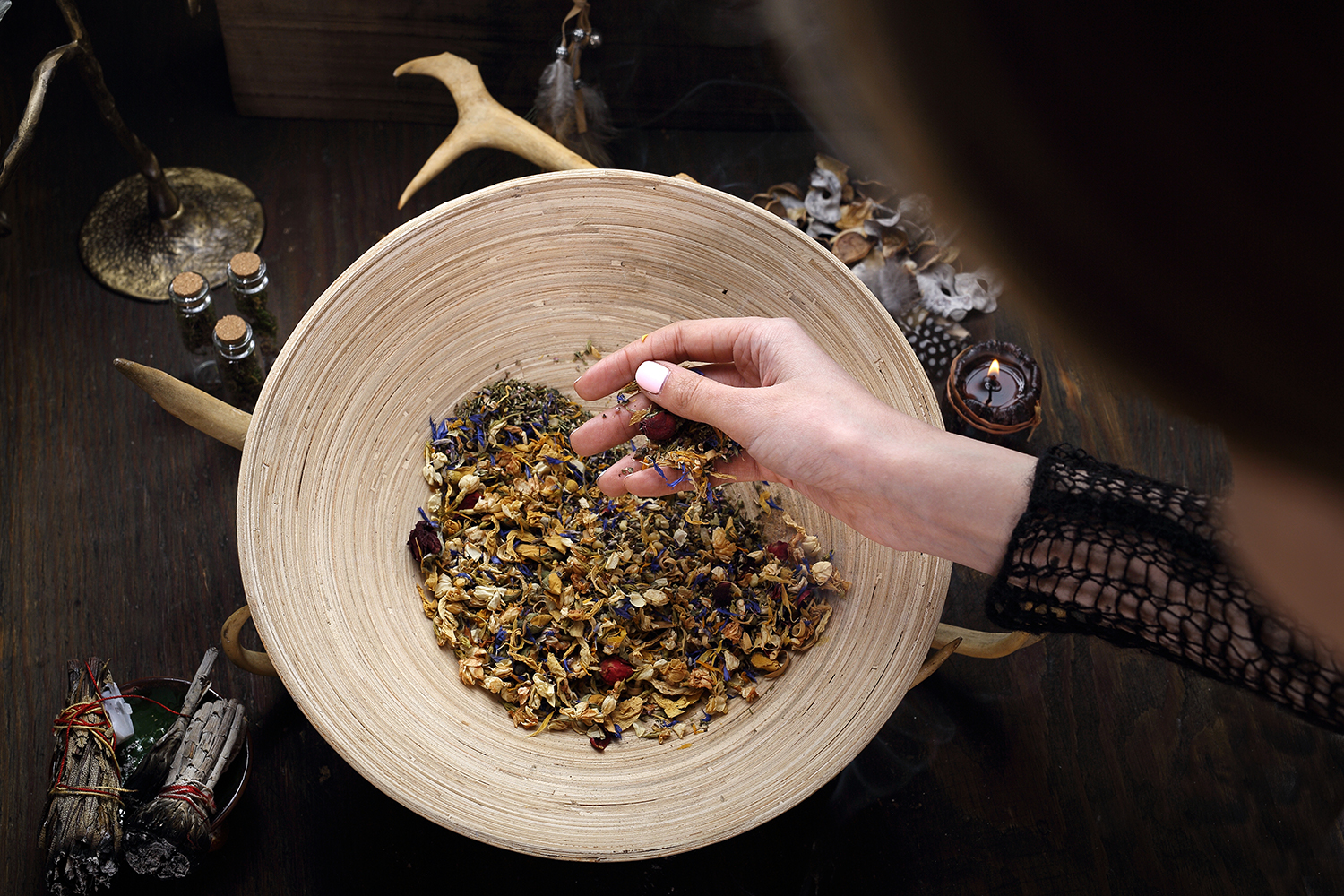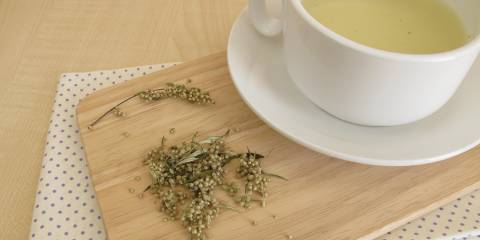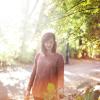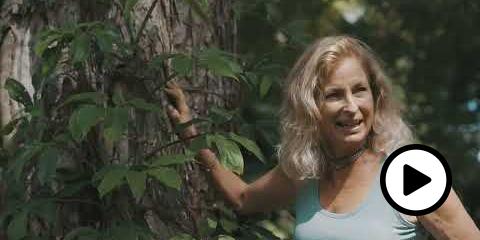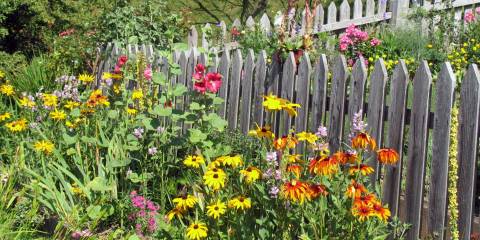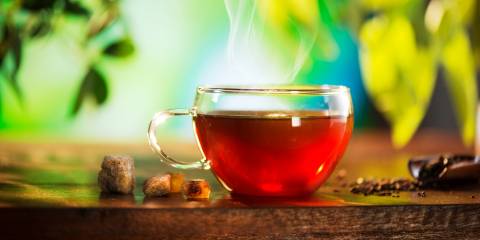Steph Zabel is the charismatic founder of Herbstalk, a grassroots Boston-based event that connects herbalists with people who want to learn more about herbalism and holistic topics.
The popular annual event, typically held in June, is on hold due to COVID-19, but we caught up with Zabel to learn about other online offerings.
Questions for Steph Zabel
Herbstalk is on pause for now, but please describe your new online class.
A dear friend of mine, Jenny Hauf of Muddy River Herbals in Canton, MA, and I put together “Connecting with the Living Land.” Jenny is an amazing herb grower and ecological landscaper. We decided to join forces and offer this interweaving of growing and gardening with practical home use of herbs and a deep seasonal aspect. We follow the Celtic Wheel of the Year, and we talk about each point on the Wheel of the Year, what it means, and how we can be more deeply connected with the energy of that time.
Can you give more detail about the “Wheel of the Year”?
The Wheel of the Year is a combination of the four solar or astronomical points of the solstice and the equinoxes. Halfway between those points are what are called the Celtic fire festivals. The fire festivals were perhaps considered even more important to the Celtic people because they are agricultural holidays. Imbolc was the time when the lambs started to be born and the milk was coming back, and Beltane was the time of fertility and when marriages were made. It’s fascinating, and it's so grounding to work with those points on the Wheel of the Year.
Is there anything else you'd like to share about how it might benefit people to live by the circular year?
It is such a paradigm shift when we start living in a circle rather than a straight line, which is the linear time frame that the dominant culture exists with. When we return to circular time, which is the natural time of earth, of the cycles of the earth, we become more human because we’re grounded in natural cycles.
With the Wheel of the Year, we’re following the solar cycle and then on a more rapid basis we can follow the lunar cycles every month. Combining those two cycles helps us to ground into our place of being on the planet and to feel more human.
Is there a website where people can learn more?
The class information is available online. People can also contact me through my website, Flowerfolk Herbs, Check for updates on Herbstalk, too.
As a teacher and creator of Herbstalk, what do you hope to convey to your students and attendees?
I hope to inspire sparks of relationship that each person can create for themselves with the natural world. I like to be the catalyst and help people feel empowered to take that first step towards their relationship with the natural world.
A lot of my teaching is about day-to-day uses of plants and herbs, but it's also gone beyond that because we're working with plants in a more spiritual way. I think plants help us to see our own spirit. They bring a wholeness into our lives and they help ground us physically and in the landscape we live in, but they also remind us of our human nature and of our spiritual nature as well.
What are your overall beliefs that tie in with how you live your life and what you teach?
My love of the natural world influences a lot of my beliefs—the belief that the Earth is alive and the belief that we can have relationships with non-human beings, plants in particular.
It influences my spirituality as well. For many years, I kept things to myself, but over the past few years, I started to share my work in the world. The spirituality aspect is really Earth-based for me—connecting with the seasons and the traditions of my ancestors and looking at the wisdom of the natural world. We can learn from engaging with the natural world on a day-to-day basis.
How did Herbstalk evolve?
Herbstalk started about 10 years ago. At that time, I was going through a period of deep learning about the Earth and studying with different teachers. I was being drawn to the world of plants and seeing this path open up before me. I was living in Somerville, MA, and wondering why there weren’t more public educational gatherings about herbs. I started asking that question, and then one of my friends said, “Why don’t you start something like that to bring together herbalists?” That was a terrifying thought. But as I thought more about it, I thought, “Why not?”
I started slowly putting it together with the purpose of creating a space where people, especially people living in cities, have an opportunity to connect and learn more about the plants growing around them. In the urban environment, to connect with each other personally and bring all these aspects of a community and healing and love of the natural world together with the intent to make it as accessible as possible. We still have work to do in that regard, but I've always looked at Herbstalk as this gateway.
I love that it’s in Somerville because a lot of times people just walking by will look at what's going on and say, “What is this?” And they'll come in and then get absorbed in the whole event. I love that it's open and casual like that. My hope was always to inspire people and to share this love I have of plants and the natural world.
You have a MA in ethnobotany and studied plant medicine in Spain, Mexico, and Dominica. How did your love for plants and herbs evolve?
I remember loving plants when I was a little girl. Fortunately for me, my paternal grandmother also really loved plants. She grew up on a farm, and I have memories of us walking around her 10-acre property, talking about the plants there. My mom also always had wonderful gardens.
As a student in middle school and high school, whenever I had to do a project, I always did something related to plants. I did a project about herbs that monks used in medieval times. I was really into the rainforests. There has just always been this thread of connection to plants. I think my family's interests helped to nurture that, but as a side note, we lived in highly developed suburban areas during my formative years, and there wasn't a lot of wild nature close by. I think that made me more attuned to the plants in the garden and the trees around me. I liked finding those pockets of beauty wherever I was.
Who or what are go-to resources for you?
There are so many people whose writing I love. One of them is Braiding Sweetgrass by Robin Wall Kimmerer. She is an incredibly beautiful, eloquent writer about our interaction with the natural world. I love Herbal Rituals by Judith Berger because it's written by a woman living in New York City and how she engages with the seasons and the natural world. I also recommend Mary Reynolds’ The Garden Awakening: Designs to Nurture Our Land and Ourselves.
There are different writers who have influenced me in connecting more with the Celtic world and Celtic spirituality. Glennie Kindred has written a few books about the Wheel of the Year and trees, including Sacred Earth Celebrations. I'm also influenced by spiritual thinkers or teachers like Eckhart Tolle and writer Richard Rudd.
How do herbs play a role in your everyday life?
A lot of it is kitchen medicine. Working on a daily basis in my food and the meals I cook for my family and teas and vinegars, all sorts of concoctions going on.
Herbs play such an important and uplifting part in the beauty of my life through being in the garden and growing them and just being with them. I feel, in a way, the plants are permeating all aspects of my life. Even when I'm not specifically taking a tincture say, or making a tea, they're always with me all the time, and I hope to just acknowledge that and not take them for granted.
Do you have any favorite herbal teas? Do you make a lot of iced teas?
Yes, I love making iced teas, sun teas. I make lunar teas on the full moon every month. I'm picking and drying so many things in the summer and preserving them in different ways. Making a lot of vinegars. Herbal-infused honeys too.
